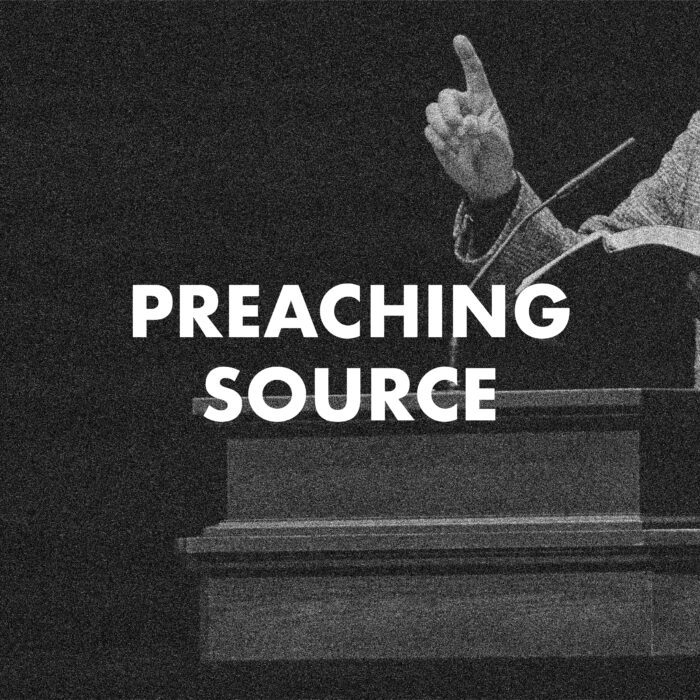- Locate the Passage
Hebrews 10:19-25 is the initial paragraph of the third major division:
1:1-4:13 4:14-10:18 10:19-13:25
- Genre:
Hortatory/expository with hortatory being dominant. All imperatives and imperatival constructions such as hortatory subjunctives semantically outweigh indicatives and subjunctives. Any imperative in a NT letter will automatically convey the dominant meaning. Note the command forms (hortatory subjunctives) in vv. 22-24. The genre of this paragraph is a combination of hortatory and expository.
- Determine the Structure of the Passage
10:19-25 is one sentence in Greek.
Identify all clauses (independent and dependent):
Having confidence to enter the holy place by the blood of Jesus
which entrance he has inaugurated for us
new, living, through the veil, that is his flesh (way)
and having a great priest over the house of God,
Let us draw near with a sincere in full assurance of faith
having had our hearts sprinkled clean from an evil conscience
and having had our bodies washed with pure water,
Let us hold fast the confession of our hope without wavering
for faithful is the one who promised,
and
Let us consider how to stimulate one another to love and good deeds
not forsaking our own assembling together, as is the habit of some
but encouraging one another
and all the more (do so) as you see the day drawing near.
In vv. 19-21, note you have two clauses conjoined by “and”:
Clause 1 – (19-20)
Clause 2 – (21)
Note the back reference to previous material in 10:19-21. This recalls the argument of 7:1-10:18 in summary fashion. This material is introductory to 22-25. These two clauses function as the grounds for the three commands in vv. 22-24.
- Exegete the Passage
In vv. 19-20, we have confidence to enter (focus more on means of access rather than the act of entering)
“the blood of Jesus” – the means of our entrance. Notice “Jesus” is placed final in the clause for emphasis.
“way” is further qualified by three statements: 1) “new,” 2) “living,” 3) through the veil”
In v. 21, we have a great priest over God’s house.
In vv. 22-24, note you have three commands (22, 23, 24).
In v. 22, Let us draw near (cf. to 4:14-16) (followed by 4 statements):
Notice the first two are subjective (our attitude): 1) “with a sincere heart” 2) “in full assurance of faith”
Notice the last two are objective (perfect participles – what God has already done) “having had our hearts sprinkled clean…” “having had our bodies washed…”
In v. 23, Let us hold fast (cf. to 4:14-16)
The object is “confession of our hope”
The adjective,“without wavering,” is used with adverbial force.
The subordinate clause “for he who promised is faithful.”
The back reference to God’s faithfulness (see 6:13-20).
In vv. 24-25, “Let us consider how to stimulate one another to love and good deeds”
“not forsaking…” – present participle expressing the negative means.
“encouraging…” – present participle expressing the positive means.
Notice the NIV renders these as hortatory subjunctives like vv. 22, 23, 24, giving the false impression there are five imperatives, not three.
- Let the structure of the text drive the sermon structure.
Introduction (19-21)
Point 1 (22)
Point 2 (23)
Point 3 (24-25)





